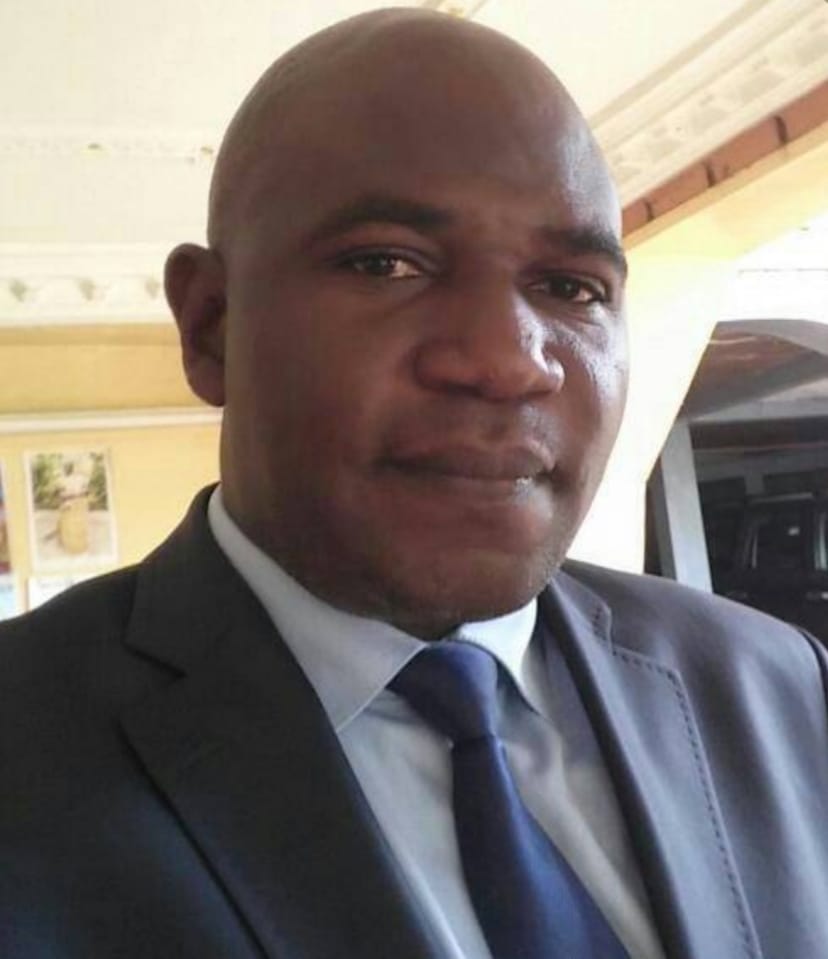 One of the key recommendations of the just ended "Major National Dialogue" (Sept 30 - Oct 4), has been the granting of a "special status" to the embattled, anglophone NW and SW regions pursuant to S. 62 of the constitution having regard to their distinct historical heritage.
One of the key recommendations of the just ended "Major National Dialogue" (Sept 30 - Oct 4), has been the granting of a "special status" to the embattled, anglophone NW and SW regions pursuant to S. 62 of the constitution having regard to their distinct historical heritage.
This implies that the NW and SW regions which are corteminous with the Southern Cameroons, could enjoy greater autonomy than the other regions. This entails constitutionally entrenched and extraordinary legislative and political powers. In Canada for instance, this refers to a separate politico - administrative system for Quebec.
Though a province like the twelve other provinces and territories, Québec is to say the least: a state within a state. In 2006, the House of Commons of Canada passed a symbolic motion recognizing Quebec as a nation within the united Canada. By virtue of this special status, Quebec has a parliament, an executive council with a Premier acting as head of government. All aspects of francophone culture (education, justice, administration, business, language etc) are duly preserved within the context of this status.
There are autonomous areas enjoying special status in over fifty countries including seven African countries. While some of these autonomous areas are the fruit of international treaties (China/Hong Kong, UK/North Ireland) most result from domestic legislations (Tanzania/Zanzibar, UK/Scotland, USA/Puerto Rico).
In the Cameroonian context, the possible endowment of a special status for the Anglophone Regions necessarily calls for a restoration of the glory days of West Cameroon during which West Cameroon enjoyed significant attributes of statehood such as _*a house of assembly, a prime minister, government, judiciary and English as the official language*_.



